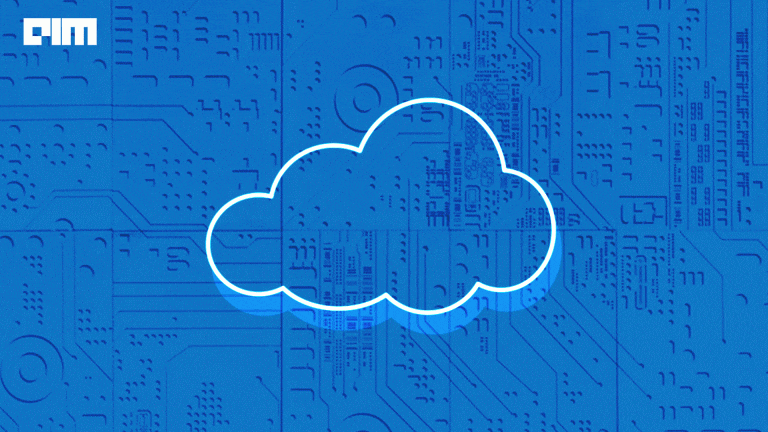|
Listen to this story
|
Japan’s leading IT services provider, Fujitsu, boasts a 60-year legacy in supercomputing and is renowned for some of its fastest supercomputers globally, like the Fugaku and the K computer. Now, they’re channelling their efforts into the ambitious Monaka supercomputing project.
Monaka revolves around a cutting-edge 2-nanometer ARM-based CPU chip. This chip targets exceptional energy efficiency and is tailored for high-performance computing, AI, and data centre applications.
Indian engineers are spearheading the software creation of Fujitsu Monaka from its Bengaluru-based research centre. In an exclusive interview with AIM, Priyanka Sharma, director of R&D at Fujitsu’s Monaka software project, shed light on the chip’s innovation.
“Our commitment to delivering a power-efficient chip sets Monaka apart. The architecture, 144 cores within single-socket, two sockets per node, i.e., 288 cores per node and a two-nanometer chip, is a testament to our dedication to pushing the boundaries.” She added that these extremely powerful two-nanometre devices will be used to accelerate AI applications.
Focus on Energy Efficiency
With the increasing demand for compute for AI applications, data centres have increasingly become vital, leading to the bolstering of these infrastructures at an unprecedented rate. However, there’s a growing concern about the potential carbon footprint of this amplification.
Sharma shared insights into Fujitsu’s commitment to greener data centres, emphasising that while India plays a pivotal role in software development, the plans for Monaka-powered data centres remain limited to Japan.
Essentially, this project, aligned with Japan’s NEDO program, isn’t solely about creating the fastest chip, but a chip that serves varied applications efficiently, underlining Fujitsu’s commitment to innovation. This positions Fujitsu’s chip as a pivotal contributor to global energy-efficient technology.
“We aim not only for speed but to support diverse applications, from drug discovery to tsunami prediction, catering to a wide range of user needs,” said Sharma. She added that the focus is dual, balancing high performance with energy efficiency, targeting a 2x application performance boost and a 2x performance-per-watt increase by 2027.
Sharma emphasised that the team’s work focuses on enabling the chip through software development, meticulously measuring power consumption and performance enhancements at each developmental stage.
Monaka’s strides toward energy efficiency are manifested in hardware and sophisticated software libraries designed to operate within the ARM ecosystem. Sharma highlighted Fujitsu’s contributions to the ARM ecosystem, aligning with the company’s mission of energy optimisation.
“In the quest for enhanced performance and energy efficiency in supercomputers, the architecture of Monaka takes a significant leap,” explains Sharma. “Compared to its predecessor, the focus shifts to the ARMv9-A architecture with SVE2, an enhanced version catering to HPC and AI. This shift aligns with our pursuit of energy optimisation.”
Regarding the microarchitecture specifics, she explained, “A pivotal aspect involves the adoption of a 3D chiplet GAA-based (Gate -All-Around) design, reducing the chip’s core die size to a remarkable two nanometers, defining it as a two-nanometer chip. This design innovation promises a leap in performance and efficiency.”
Inference and Open-source
Additionally, addressing the challenges and opportunities in generative AI, Fujitsu acknowledges the need for energy-efficient inferencing solutions to counter the potential carbon footprint generated by the development of large-scale AI models. The company aims to prioritise inferencing over training, emphasising the reuse of existing models with minimalistic changes to foster a more sustainable AI ecosystem.
“Generative AI demands significant compute for both training and inferencing, leading to a substantial carbon footprint,” Priyanka noted, highlighting the rising trend of companies providing inferencing solutions to tackle this issue.
Moreover, the software development for Monaka, occurring in India, also focuses on ensuring compatibility with open-source software. Fujitsu CTO, Vivek Mahajan stressed the complexity of engineering an open architecture chip like Monaka, which requires compatibility with diverse open-source software packages to maximise performance, crediting India’s robust software expertise to achieve this ambitious goal.
In Mahajan’s words, “We have to make sure that different parts of the open-source software are compatible with the Monaka chipset to get good performance out of the chip. That is a goal of the team, and the software skills available in India make it possible.” This dedication to open architecture marks Fujitsu’s commitment to innovation amid challenging technological advancements.



















































































